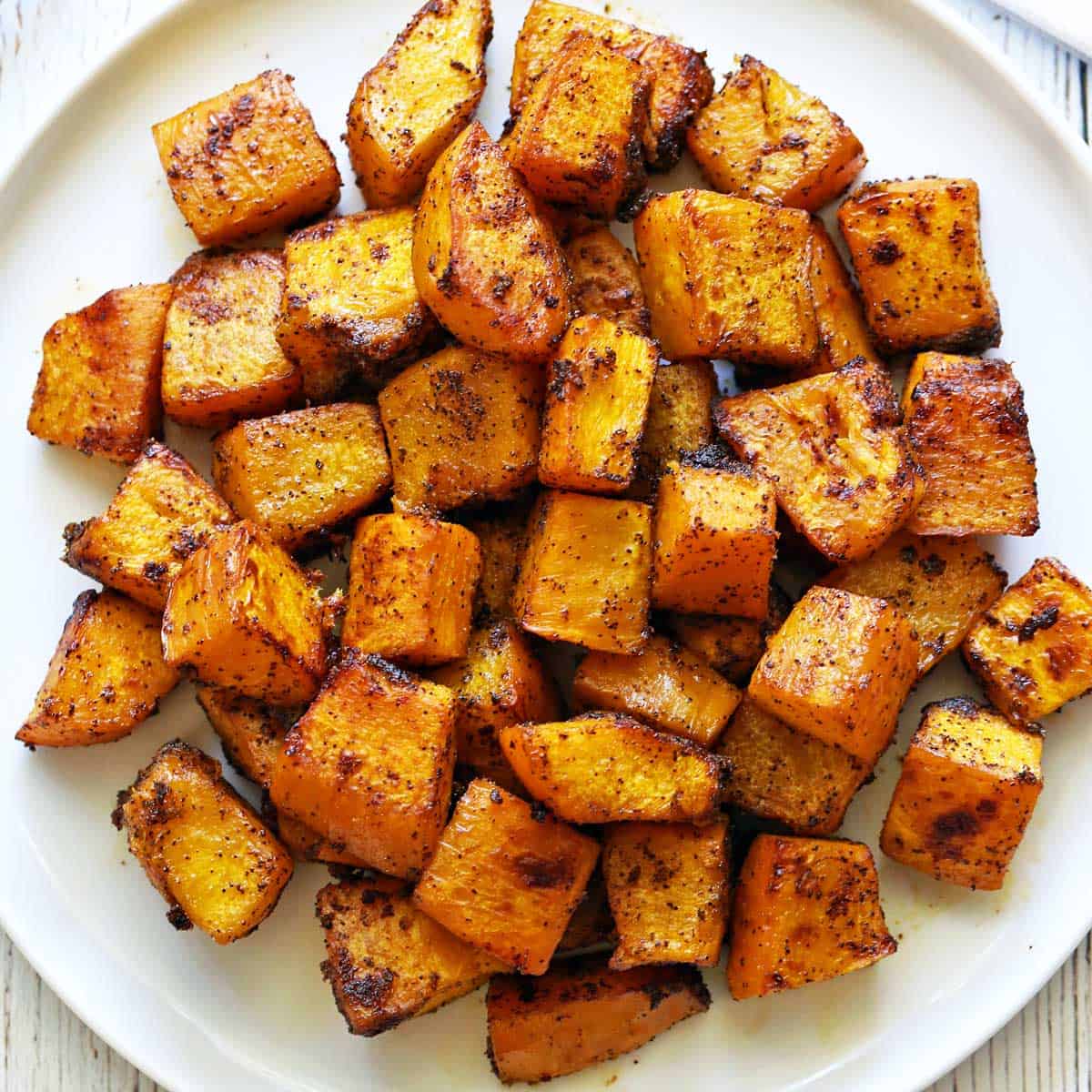Pumpkins are not just for carving on Halloween! They are versatile and nutrient-rich foods that can be used in many ways, from the pulpy flesh to the crunchy seeds. Every part of the pumpkin provides unique health benefits, making it a seasonal staple in your diet. American Dining Creations and Kelly’s Choice have numerous ideas for you to explore.
The Nutritional Benefits of Pumpkin Flesh
Pumpkin pulp is low in calories and rich in essential vitamins and minerals, making it a healthy addition to soups, smoothies, baked goods, and more. A single cup of cooked pumpkin contains about 49 calories, less than 1 gram of fat, and packed with nutrients like:
- Vitamin A: Pumpkin is one of the best sources of beta-carotene, which the body converts into vitamin A. One cup provides more than 245% of your daily vitamin A needs, vital for maintaining healthy vision, immune function, and skin health.
- Vitamin C: Supporting immune health, a cup of pumpkin delivers 19% of the daily requirement of this powerful antioxidant.
- Potassium: Pumpkin contains around 500 milligrams of potassium, helping regulate blood pressure and promote heart health.
- Fiber: A cup of pumpkin also delivers 2.7 grams of fiber, which aids digestion and helps keep you feeling full, making it a helpful addition to any weight-management plan.
Using Pumpkin Pulp in Cooking
Here are some delicious ways to incorporate pumpkin pulp into your diet:
- Pumpkin soup: Blend roasted pumpkin with vegetable broth, garlic, and spices for a creamy, nutritious soup.
- Pumpkin puree: Use it in pancakes, muffins, or oatmeal to add a rich fall flavor while boosting your meals’ fiber and vitamin content.
- Pumpkin smoothies: Add pumpkin puree to smoothies for a vitamin-packed start to your day. Combine it with bananas, almond milk, and a dash of cinnamon for a tasty morning treat.
The Power of Pumpkin Seeds
Pumpkin seeds, or pepitas, are often overlooked, but they are packed with protein, healthy fats, and various vitamins and minerals. A 1-ounce serving (about a handful) contains:
- 7 grams of protein
- 5 grams of healthy fat
- 1.7 grams of fiber
- Magnesium: Pumpkin seeds are a great source of magnesium, essential for over 300 biochemical reactions in the body. This mineral supports heart health, regulates blood sugar levels, and helps maintain strong bones.
- Zinc: Pumpkin seeds are rich in zinc, which plays a key role in immune function, cell growth, and skin health.
- Health Benefits of Pumpkin Seeds
- Heart Health: A study published in 2018 found that pumpkin seed oil can lower blood pressure and reduce LDL (bad) cholesterol levels, both of which are risk factors for heart disease.
- Sleep Support: Pumpkin seeds are a natural source of tryptophan, an amino acid that promotes relaxation and sleep. Consuming pumpkin seeds a few hours before bed can help improve sleep quality.
How to Use Pumpkin Seeds
Pumpkin seeds can be enjoyed in a variety of ways:
- Roasted seeds: Toss them with olive oil and your favorite spices, then roast for a crunchy snack.
- Salad toppers: Add roasted or raw pumpkin seeds for an extra crunch and nutritional boost.
- Smoothie add-ins: Blend pumpkin seeds into smoothies to add extra fiber, protein, and healthy fats.
The Nutritional Value of Pumpkin Skin
While the skin is often discarded, pumpkin skin is edible and rich in fiber and antioxidants. It’s best consumed after cooking and can be roasted or pureed with the flesh to add extra nutrients to your dishes.
From its pulp to its seeds, pumpkins are a nutrient-dense superfood that can support various aspects of your health. Whether you’re looking to boost your fiber intake, improve heart health, or increase your intake of essential vitamins, pumpkins provide an easy and delicious solution. So, don’t just reserve pumpkin for pie—use the whole vegetable and enjoy its various nutritional benefits.
References:
1. Mohammadi-Sartang, M., Mazloom, Z., Raeisi-Dehkordi, H., Barati-Boldaji, R., & Bellissimo, N. (2018). Effects of pumpkin seed oil supplementation on blood pressure and lipid profile in human. Journal of the Science of Food and Agriculture, 98(11), 4127-4133. https://doi.org/10.1002/jsfa.8959
2. Aditya, S., Sharma, P., & Patial, S. (2019). Nutritional potential, health benefits and medicinal properties of pumpkin: A review. Nutrients, 11(8), 1809. https://doi.org/10.3390/nu11081809
3. Rezig, L., Chouaibi, M., Msaada, K., & Hamdi, S. (2020). Chemical composition and profile characterization of pumpkin (Cucurbita maxima) seed oil. Journal of Food Science and Technology, 57(11), 3930–3940. https://doi.org/10.1007/s13197-020-04502-6

